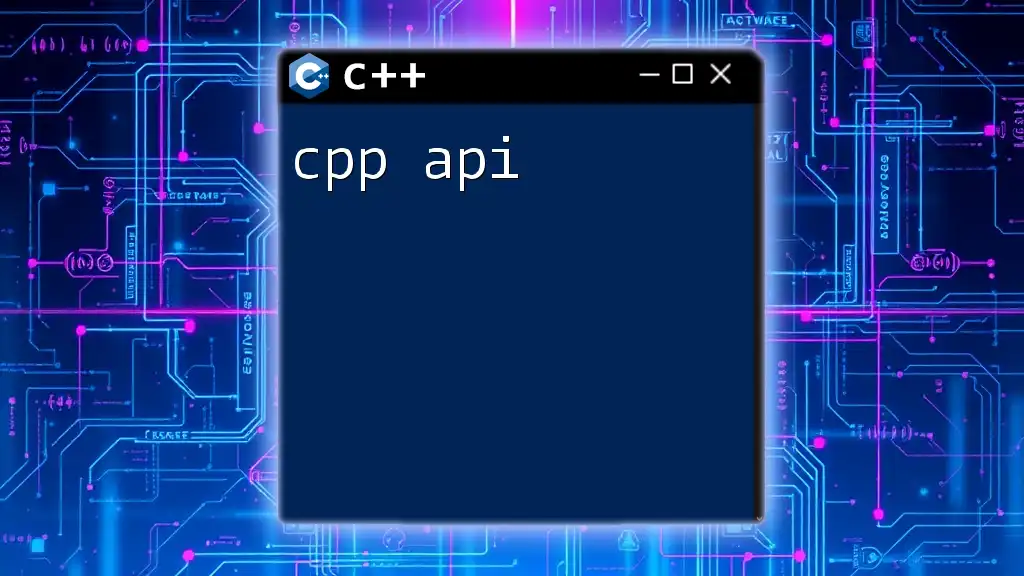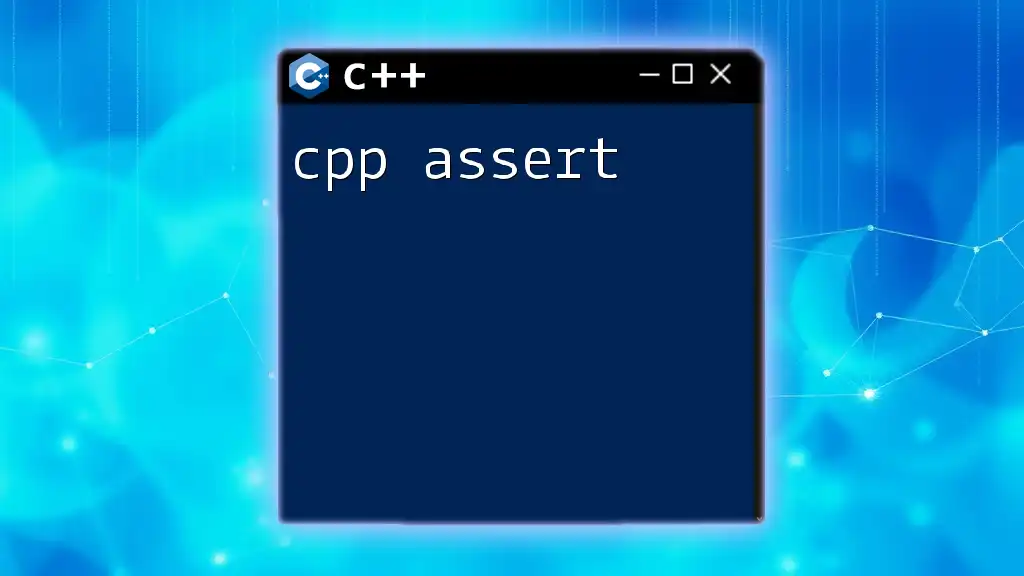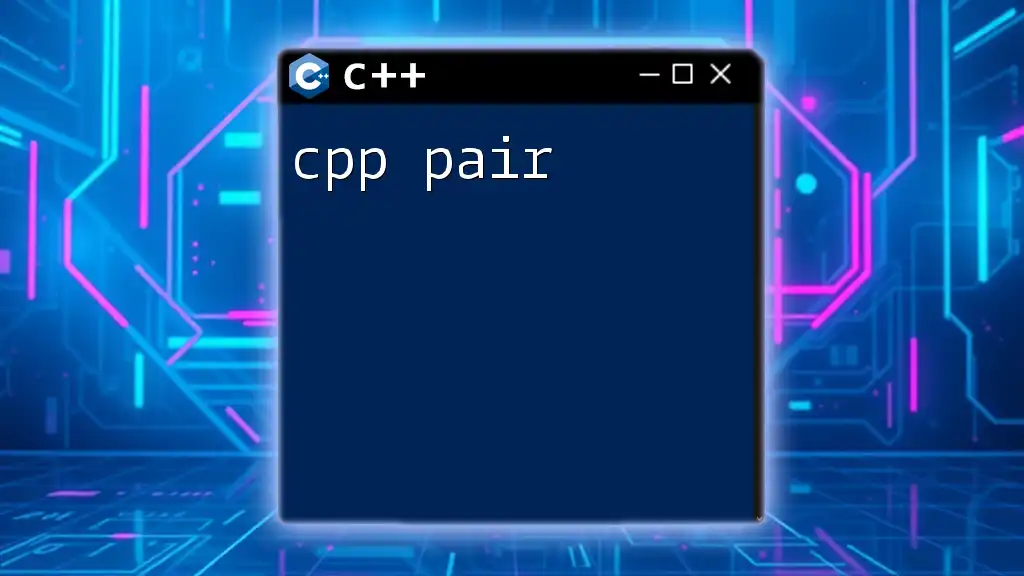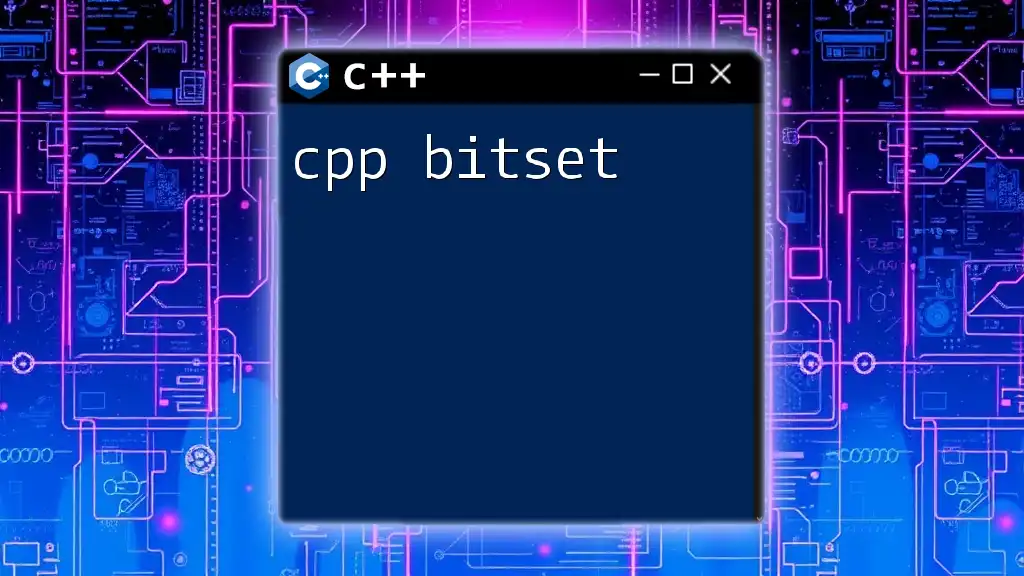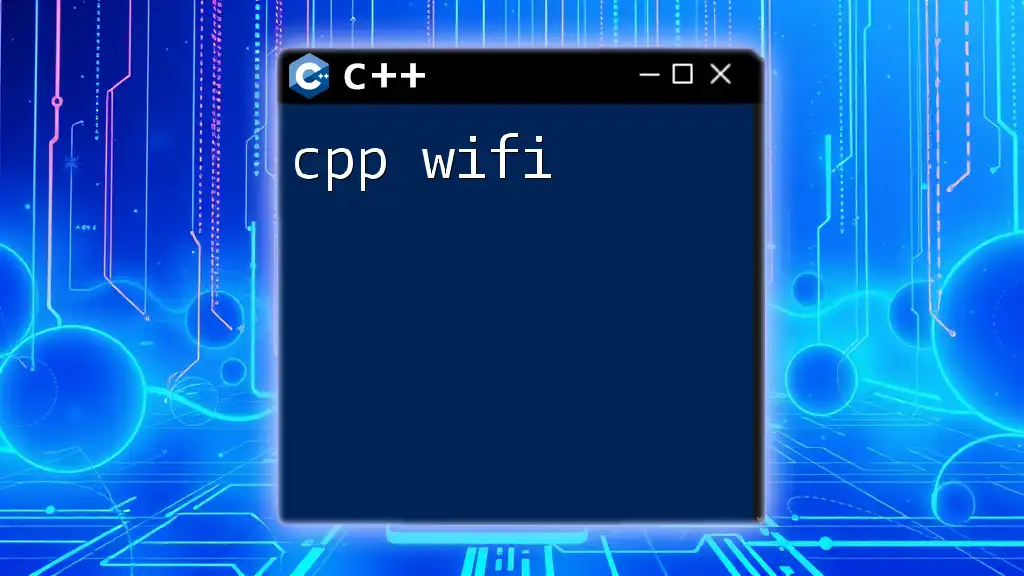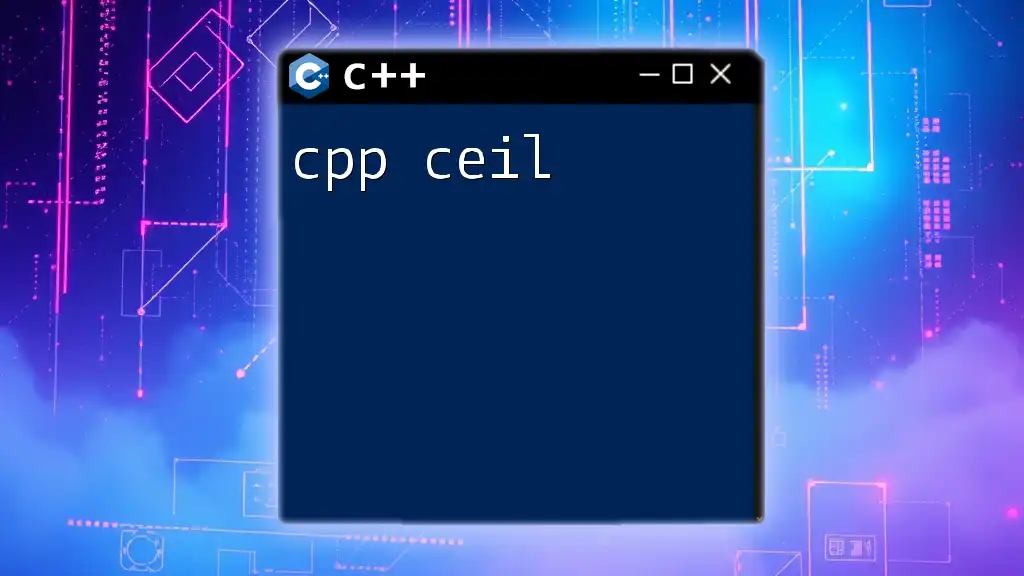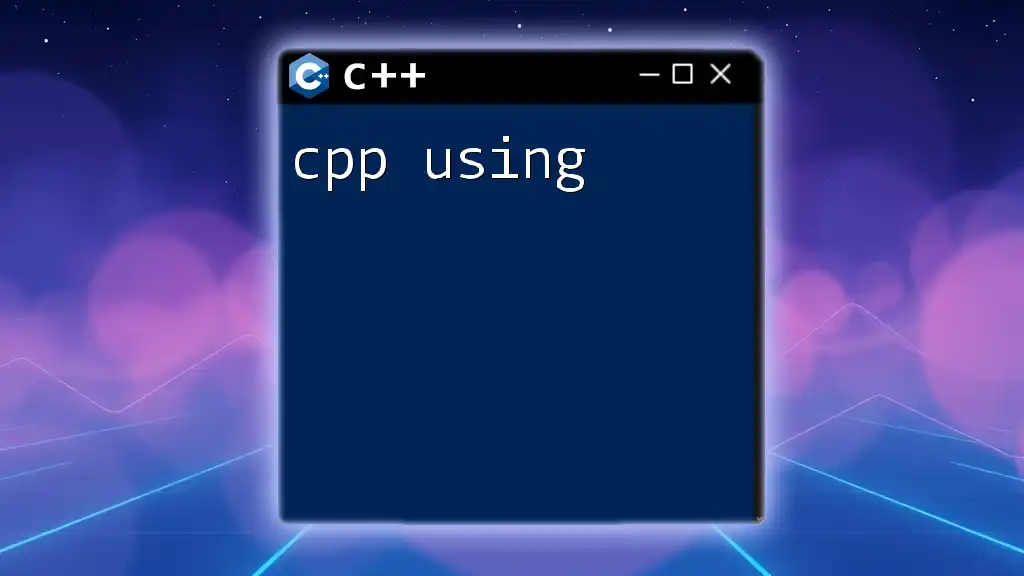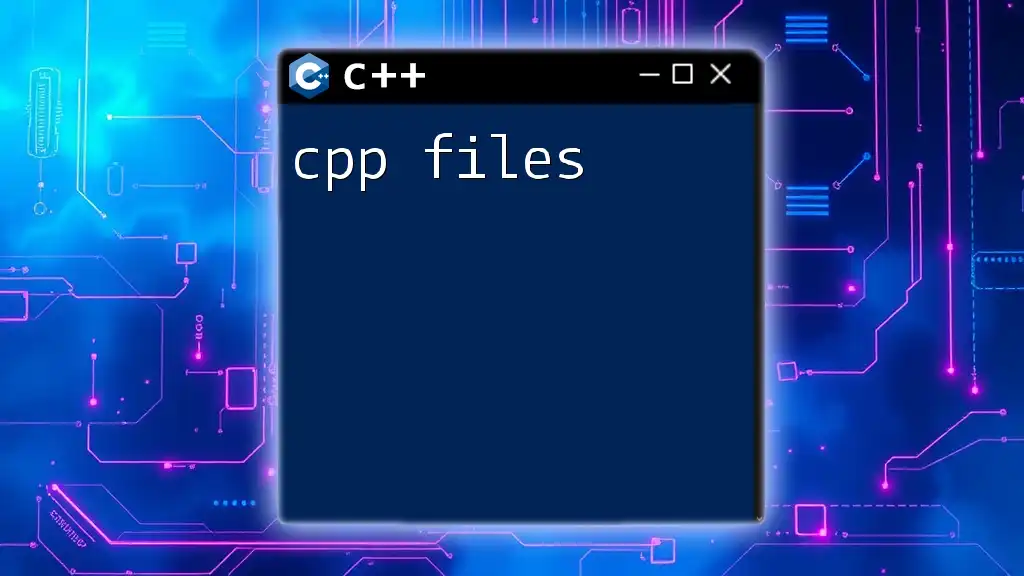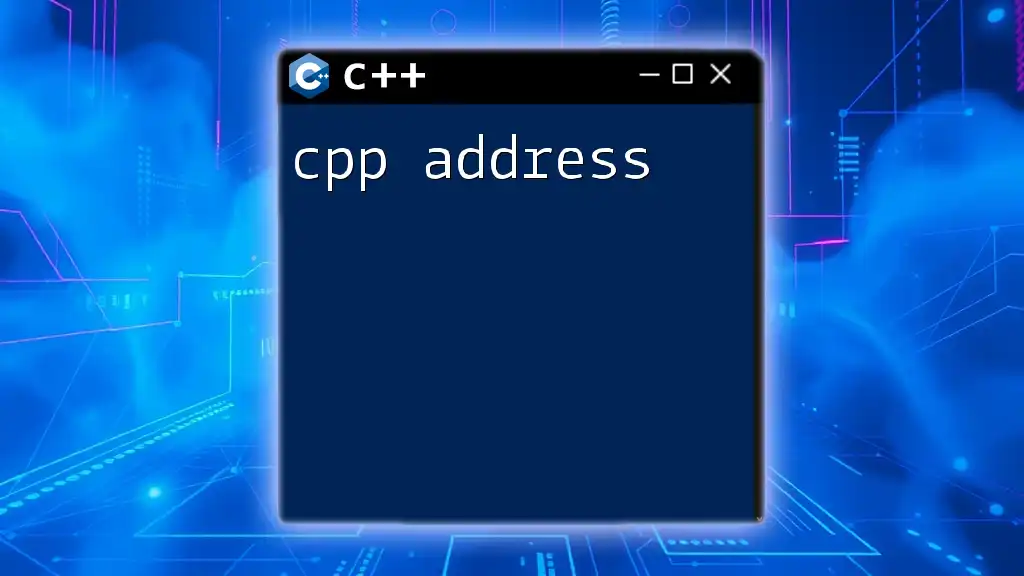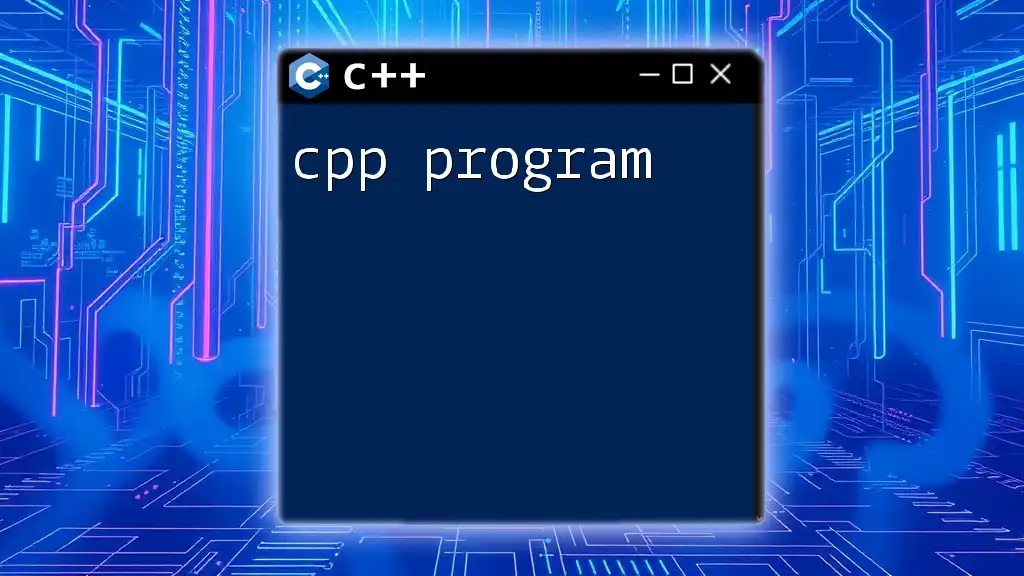The C++ API (Application Programming Interface) refers to a set of tools and protocols that allow developers to interact with C++ libraries or frameworks to streamline application development.
Here's a simple example of using a C++ API to create a basic HTTP request:
#include <iostream>
#include <curl/curl.h>
int main() {
CURL *curl = curl_easy_init();
if(curl) {
curl_easy_setopt(curl, CURLOPT_URL, "http://example.com");
CURLcode res = curl_easy_perform(curl);
curl_easy_cleanup(curl);
}
return 0;
}
What is an API?
An API (Application Programming Interface) is a set of rules and protocols for building and integrating application software. It acts as an intermediary that allows different software systems to communicate with each other. APIs enable developers to harness the functionality of other systems and integrate it into their own applications, streamlining workflows and enhancing user experiences.
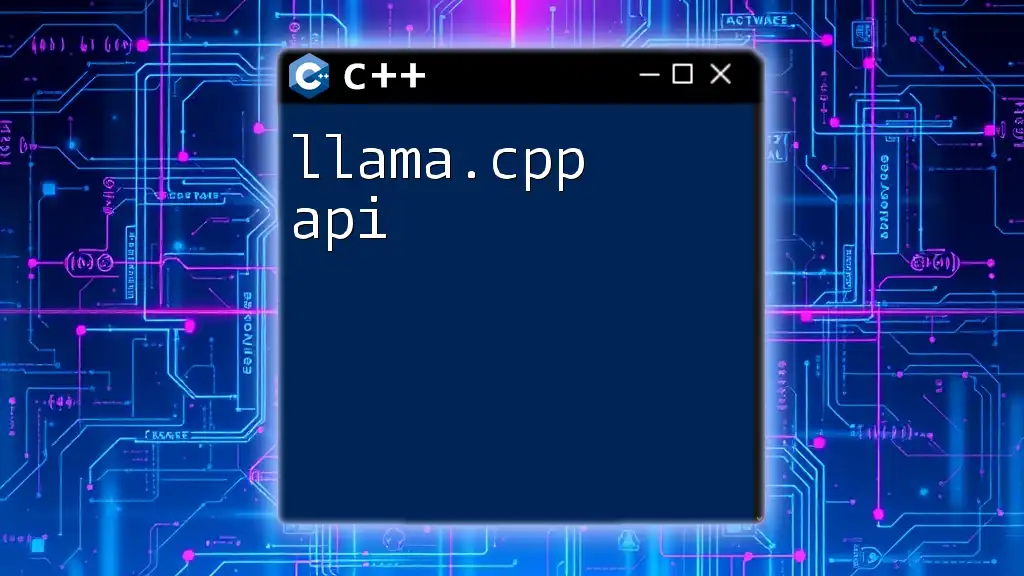
Why Choose C++ for API Development?
C++ is a powerful programming language that offers significant advantages for API development. Its performance capabilities are substantial, enabling developers to create applications that require a high level of efficiency and speed. Furthermore, C++ allows close-to-the-metal programming, giving developers more control over system resources while maintaining portability across various platforms.
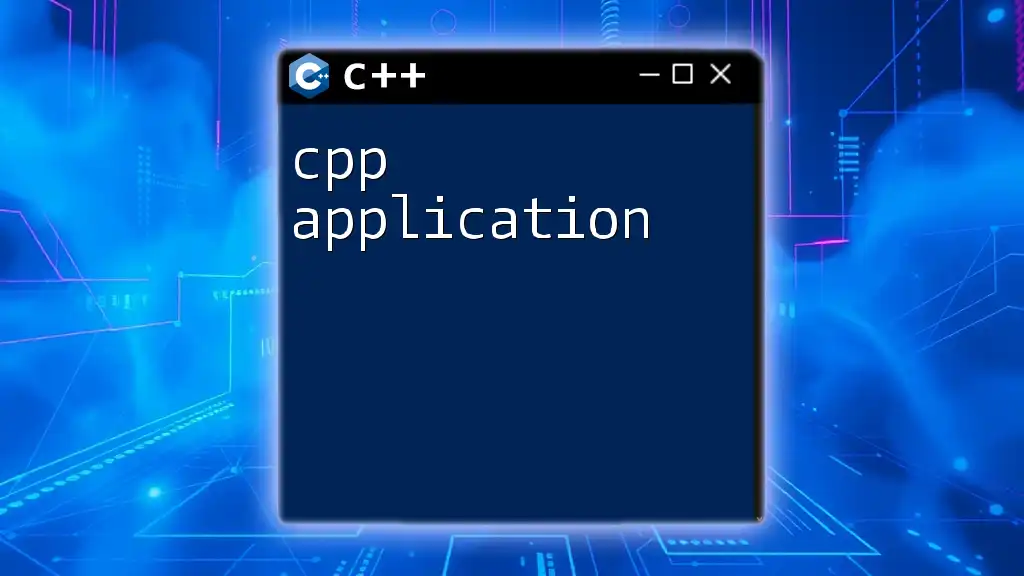
Understanding C++ API Concepts
The Fundamentals of APIs
Types of APIs
- Web APIs vs. Local APIs: Web APIs are accessible over the internet and enable online services to communicate, while local APIs operate within a specific system or environment, allowing for intra-system interactions. Each type serves crucial purposes in modern software development, fitting different use case scenarios.
- RESTful APIs: REST (Representational State Transfer) APIs are familiar in web development, utilizing HTTP requests for interaction and focusing on resources identified by URIs. Following REST principles enhances the scalability and simplicity of the API.
Components of a C++ API
Endpoints
Endpoints are integral to API design, acting as accessible points of interaction for client requests. In a C++ API context, endpoints must clearly define how clients can access various resources, with intuitive and meaningful URI naming conventions.
Requests and Responses
C++ APIs often use HTTP methods to handle requests. The most common methods include:
- GET: Fetches data from the server.
- POST: Submits data to the server for processing.
- PUT: Updates existing data.
- DELETE: Removes data.
Handling these requests effectively is critical, ensuring the proper translation between raw data and C++ data structures.
Data Formats
Data produced and consumed by APIs is frequently formatted in JSON or XML. While both formats are valid, JSON is often preferred in C++ APIs due to its lightweight structure and ease of use. C++ libraries, such as nlohmann/json, facilitate JSON parsing and generation, enhancing functionality.
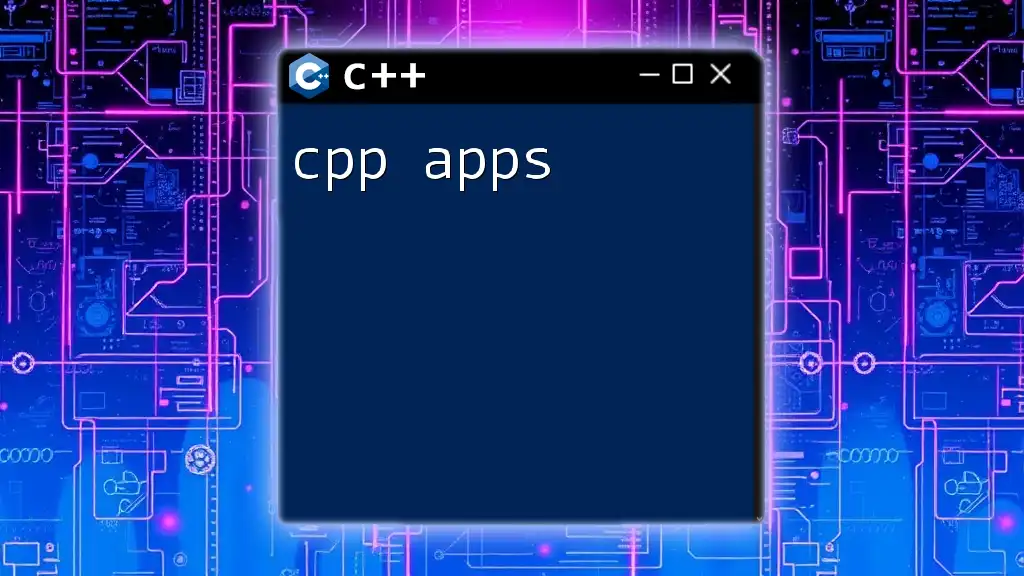
Building a Simple C++ API
Setting up Your Environment
To build a C++ API, you need the right tools and libraries. Recommended libraries include:
- Boost: A collection of portable C++ source libraries.
- cURL: A library designed to transfer data with URLs, extensively used for handling HTTP requests.
Creating Your First C++ API from Scratch
Creating a basic C++ API involves several steps. Start by structuring your project logically, ensuring that files are organized for maintainability.
Here’s a simple implementation of a C++ API service:
#include <iostream>
#include <string>
#include <map>
// Simple endpoint for demonstration
void getMessage() {
std::cout << "Hello, C++ API World!" << std::endl;
}
int main() {
// Simulating API call
std::string endpoint = "/message";
if (endpoint == "/message") {
getMessage();
}
return 0;
}
In this code, we establish a rudimentary server flow that can respond to a specific endpoint (`/message`). As the API scales, this structure can be expanded to include various endpoints and functionalities.
Testing Your C++ API
Testing is an essential part of API development. Using unit tests, you can validate the logic of your endpoints and the integrity of responses. Frameworks like Google Test or Catch2 will provide you with robust testing features.
Additionally, Postman is a valuable tool for testing APIs post-development. With Postman, you can send requests to your API and inspect the responses. This allows you to ensure your API behaves as expected across different scenarios.
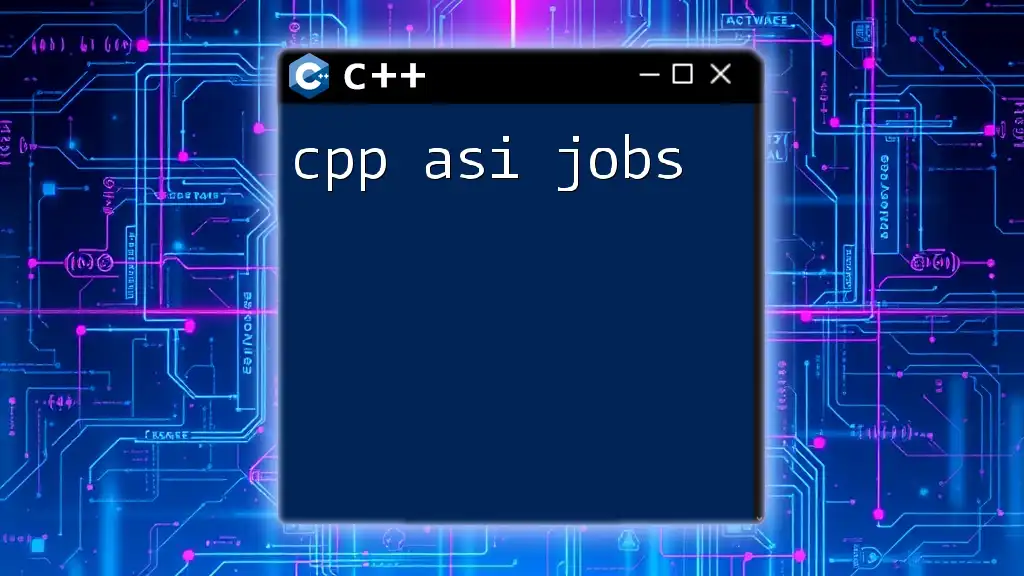
Best Practices for C++ API Development
Coding Standards
Adhering to coding standards enhances the maintainability and readability of your API. Use consistent naming conventions and ensure your code is well-documented with comments explaining complex logic. Code reviews within your team can serve to reinforce these standards across your development process.
Error Handling
Equipping your C++ API with robust error handling is essential for graceful degradation. Employ C++ exception handling mechanisms using `try` and `catch` blocks. This way, your API can manage unexpected situations effectively and return meaningful error messages to users.
Versioning Your API
API versioning is necessary to maintain compatibility with existing clients as your API evolves. Consider two common strategies:
- URI Versioning: Include the version number in the API path, like `/api/v1/resource`.
- Header Versioning: Use HTTP headers to communicate the API version, keeping URIs clean.
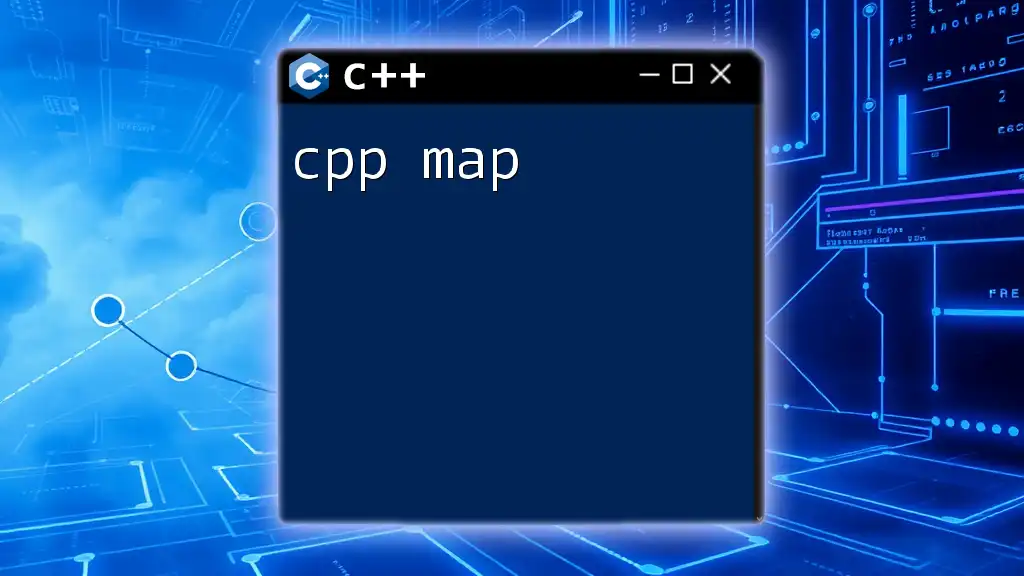
Advanced Topics in C++ API Design
Securing Your API
Security should be a priority in API development. Implementing authentication methods such as basic authentication, API keys, or OAuth will help safeguard your API from unauthorized access.
Moreover, employing SSL/TLS Encryption ensures data transmitted between clients and servers is encrypted, protecting against eavesdropping or data tampering.
Performance Optimization
Profiling is essential for performance optimization. Use tools like Valgrind or gprof to identify bottlenecks in your API’s performance. Once you've identified performance issues, consider implementing caching strategies, such as storing frequently accessed data in-memory, to reduce load times and improve responsiveness.

Real-World C++ API Examples
Exploring open-source C++ APIs can provide valuable insights. Libraries like Boost.Beast, which provides HTTP and WebSocket functionality, and Pistache, a modern C++ REST framework, exemplify well-structured and efficient API design. Analyzing these implementations will deepen your understanding of best practices within the C++ API development landscape.
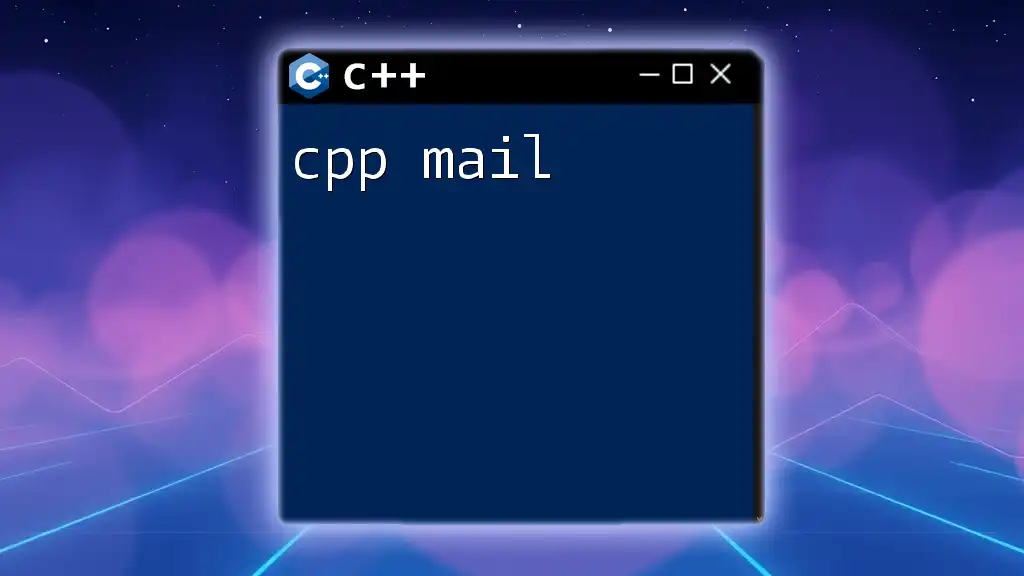
Conclusion and Further Learning
In summary, C++ API development encompasses numerous aspects from fundamental concepts to advanced design and execution strategies. There’s a vast array of resources available, such as books and online courses, to support further learning and mastery in this field. Embracing continuous education will only enhance your ability to craft powerful and efficient APIs.

